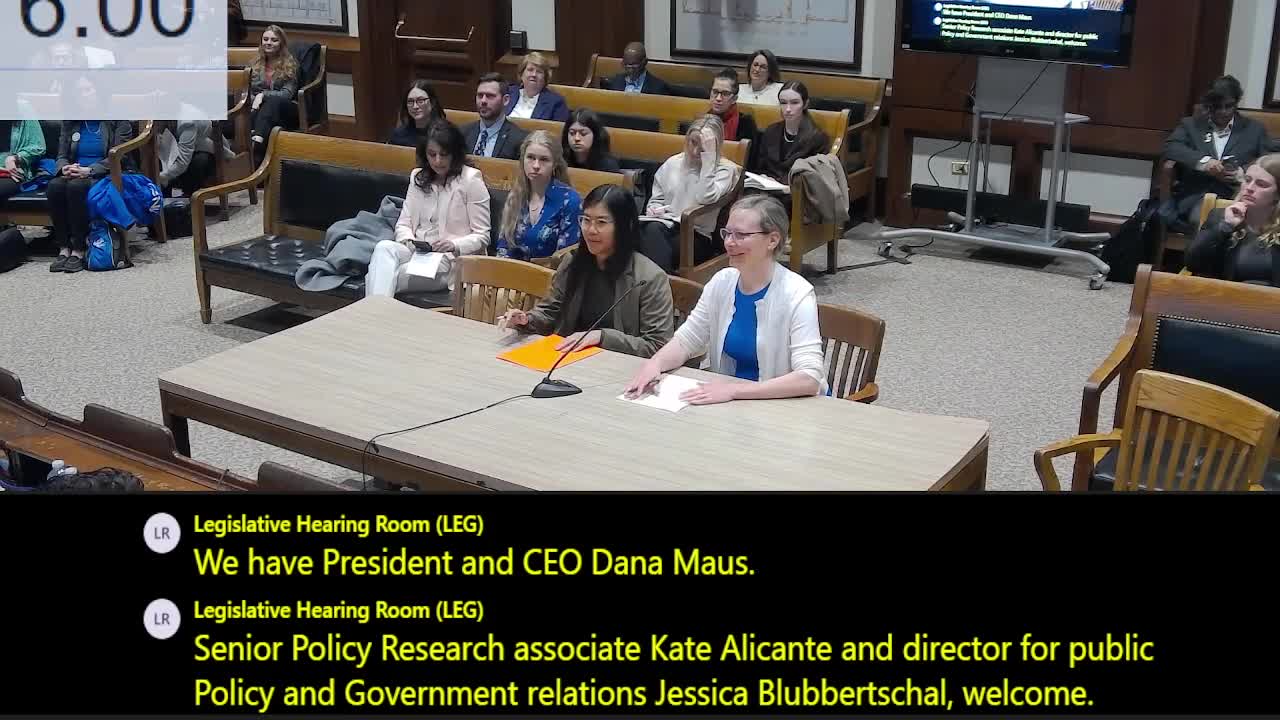Behavioral‑health groups warn proposed state cuts would worsen youth crisis and strain community services
Get AI-powered insights, summaries, and transcripts
Subscribe
Summary
Representatives of the Massachusetts Association for Mental Health, Children's Mental Health Campaign, Mass. Association for Behavioral Health and others warned cuts in the governor's FY26 proposal would reduce community supports, increase emergency department boarding, and undermine progress under the behavioral‑health roadmap.
Multiple behavioral‑health organizations told the Joint Committee on Public Health that Massachusetts is facing a youth and adult behavioral‑health crisis that would be exacerbated by proposed state budget reductions to community services.
Jessica LaRochelle and Kate Alicante of the Massachusetts Association for Mental Health (MAMH) described the group's focus on prevention, school‑based services and housing supports. They and other witnesses highlighted implementation of the behavioral‑health roadmap and the roll‑out of community behavioral health centers that provide 24/7 crisis care; the centers have reduced psychiatric boarding in emergency departments, they said.
Representatives of the Children's Mental Health Campaign, the MSPCC, Health Law Advocates’ MAP for Kids project and other advocates said demand remains high and community capacity lags. Nancy Allen Scannell (MSPCC) and Courtney Cello (Children’s Mental Health Campaign) described foster‑care supports, home visiting and school‑based technical assistance; they warned that proposed cuts to DMH child and adolescent lines (a cited $24 million cut in brief remarks) would jeopardize services and worsen ED boarding for youth.
Health Law Advocates’ MAP for Kids attorneys said legal advocacy reduces costly emergency stays and juvenile‑court involvement by helping children gain timely access to needed services; they described cases in which children remained in emergency settings for months before a therapeutic placement was found.
Why it matters: Witnesses said community‑based, school and prevention services reduce emergency and institutional care and save public dollars. They warned that closing or cutting community programs risks higher downstream costs and worse outcomes for children, youth and adults with serious behavioral‑health conditions.
What’s next: Groups asked the committee to defend and expand funding for DMH, DPH programs, community behavioral health centers and school‑based supports; they urged scrutiny of proposed FY26 cuts and recommended investments in workforce, housing and care‑coordination to reduce ED boarding and improve outcomes.
